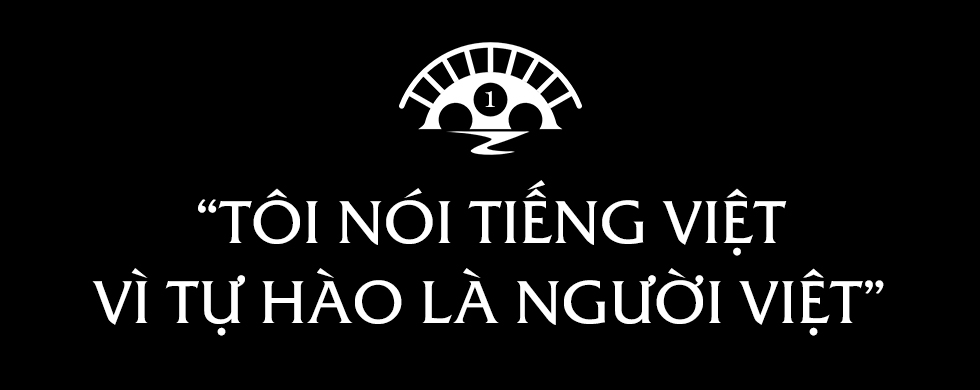
Choosing to speak in Vietnamese when stepping up to the podium to receive the award, that must have been a subtle choice of yours?
When my name was called, I was quite surprised and a little nervous. Luckily, I had friends who were producers of the film who encouraged me and suggested that I should speak in Vietnamese to fully express what I wanted to say. Moreover, I was proud that a Vietnamese film like "Inside the Golden Cocoon" received an important award at a prestigious film festival like Cannes. I wanted to express that emotion and pride as a Vietnamese, representing Vietnam at Cannes this year.
Exactly 30 years ago, the award you just received was named after a Vietnamese: Tran Anh Hung. How do you feel about "continuing this 30-year story"?
I feel honored to receive the award for best debut film, exactly 30 years after director Tran Anh Hung received this award. It is a blessing for a young filmmaker like me.
Surely you have seen "The Scent of Green Papaya", the film that 30 years ago made Cannes call out Tran Anh Hung's name? After 30 years, with the "cocoon" of Pham Thien An, how has the story of Vietnam been painted differently, when, unlike Tran Anh Hung, you have lived in Vietnam for so many years?
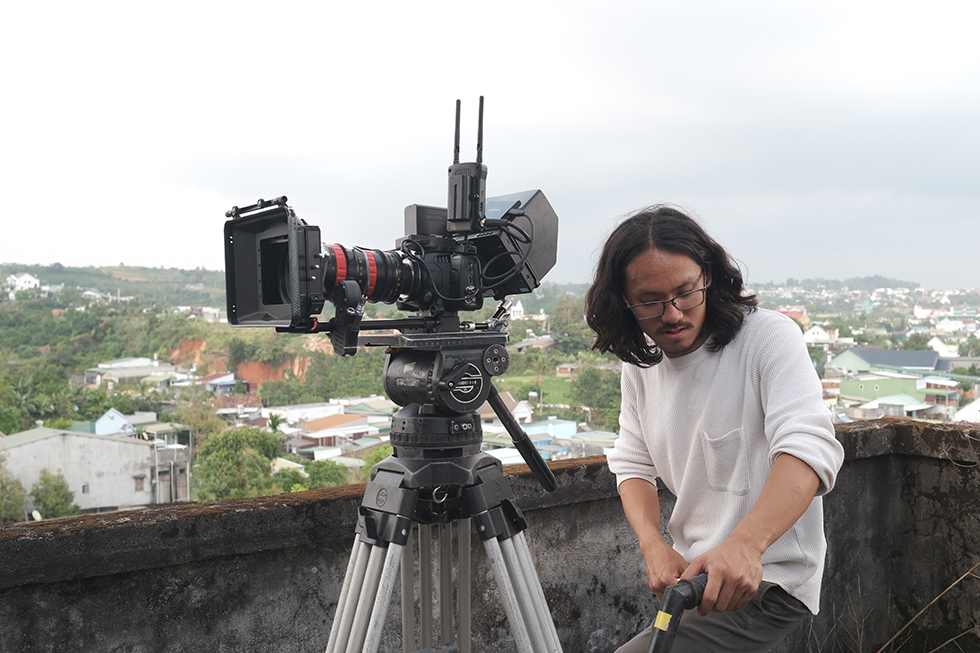
I watched "The Scent of Green Papaya" and loved it. It has a subtle and simple yet very effective way of expressing.
I think the material about Vietnam expressed in Tran Anh Hung's films, or mine, or any filmmaker's films, is illuminated by that person's own feelings and experiences. I believe that I or Tran Anh Hung or any artist chooses Vietnamese material, like other materials, because it is what is close to us. It is a Vietnam in thought, it can be different for each person. Therefore, it only reflects a part of contemporary Vietnam through the elements that each filmmaker chooses, and it mainly expresses personal feelings. So I cannot talk about the whole picture of Vietnam or the change in the story about Vietnam, it is too macro, at least for my films.
Tran Anh Hung won the Golden Camera award at the age of 31, while you won it at the age of 34. Do you think you are "late" by 3 years? Do you feel pressured when from now on you will be "compared" and "received" to Tran Anh Hung? Have you ever received any filmmaking lessons from him?
I am not a student of Tran Anh Hung, I learned filmmaking by myself through watching films and practicing. I think everyone has a different time, depending on their own journey of experience and effort, so I don't feel like I'm "slow". This year's head of the jury at the Cannes Film Festival, Ruben Östlund, won the Cannes Film Festival for the first time at the age of 40, so I think age doesn't play an important role in filmmaking.
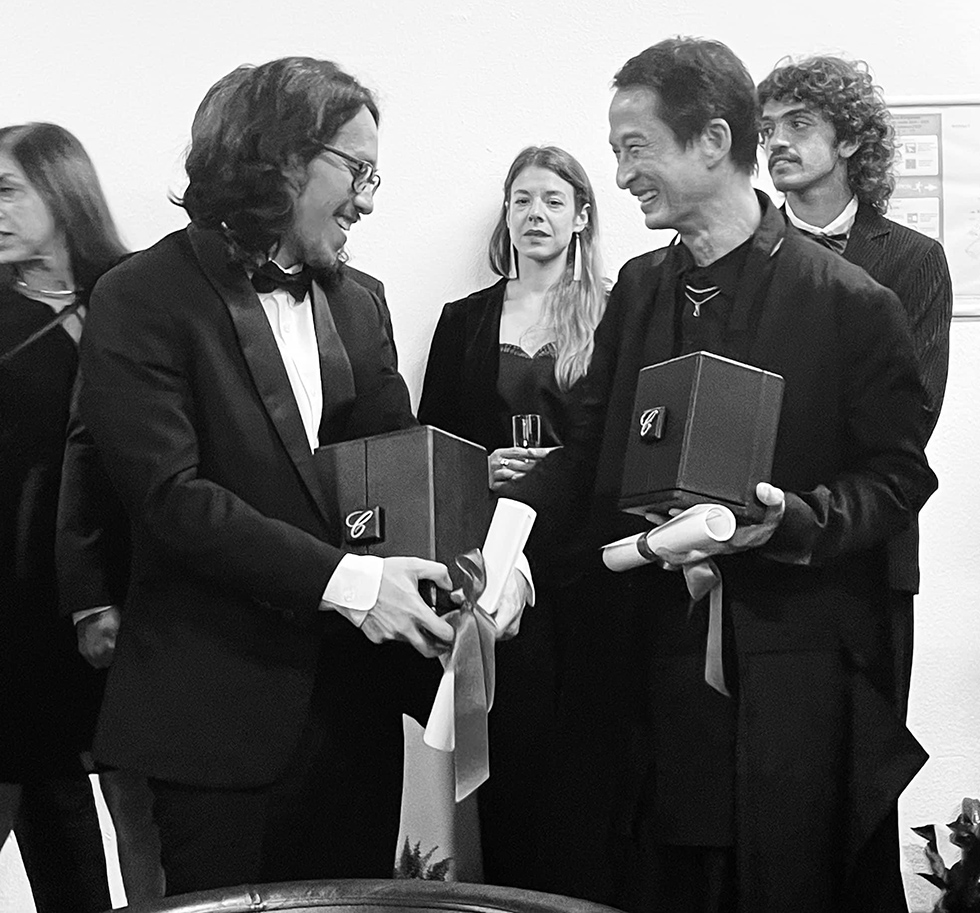
Director Pham Thien An (left) and director Tran Anh Hung after the awards ceremony at the 2023 Cannes Film Festival
I don't feel any pressure to compare with Tran Anh Hung, because each person has their own path and their own way of making films. On the contrary, I feel happy to be mentioned together with such a great filmmaker.
Is the fact that Cannes this year has many categories to honor Asian cinema in general and Vietnamese cinema in particular enough to conclude: The time for Vietnamese cinema has come, after many efforts to escape from the "cocoon" and "lowlands"?
It is true that Vietnamese cinema has developed strongly in recent years, thanks to many funds, competitions and filmmaking classes for young people. I also started out as an amateur filmmaker and grew up from such competitions, so I feel very grateful and hope that in the future, Vietnamese cinema will grow even more.
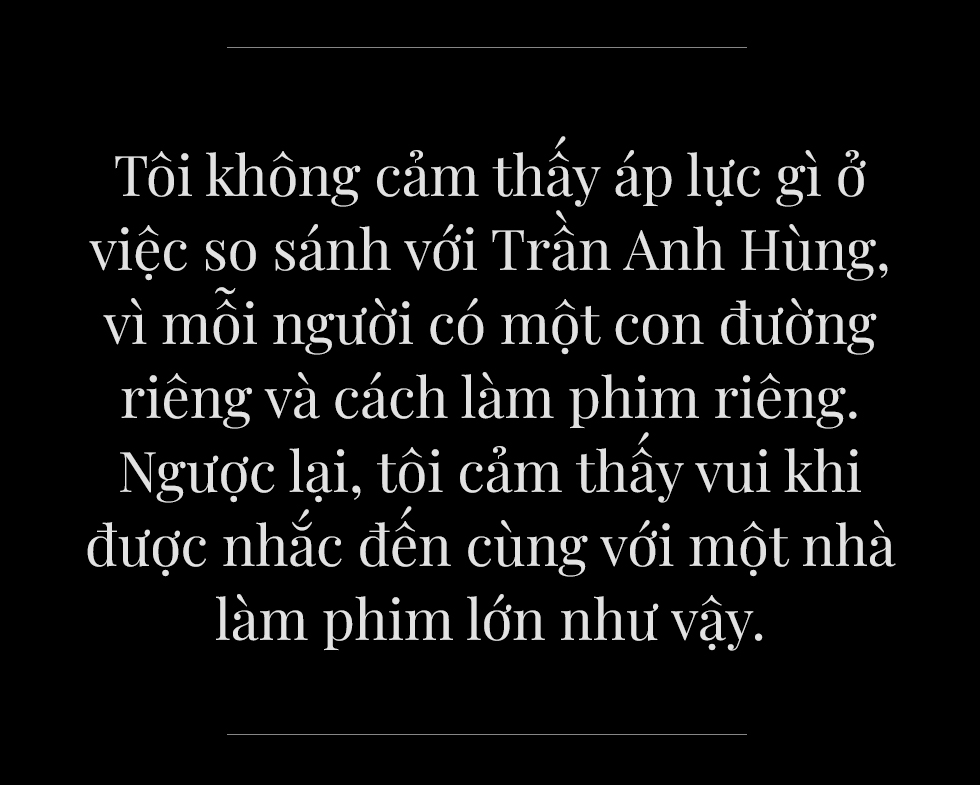
Some people say, don't be too quick to "see... Gold and think it's ripe" because, in terms of film budget, your "cocoon" brings... 3 "nationalities" of 3 investors from 3 countries?
This is still a Vietnamese film with the main funding coming from domestic sources, the rest from foreign funds (public funds/grants are foreign state funds). The goal of these funds is also to promote international cooperation and develop cinema in developing countries. Moreover, "Inside the Golden Cocoon" has a Vietnamese crew with a Vietnamese story filmed in Vietnam, there is no reason to call the film by any nationality other than Vietnam.
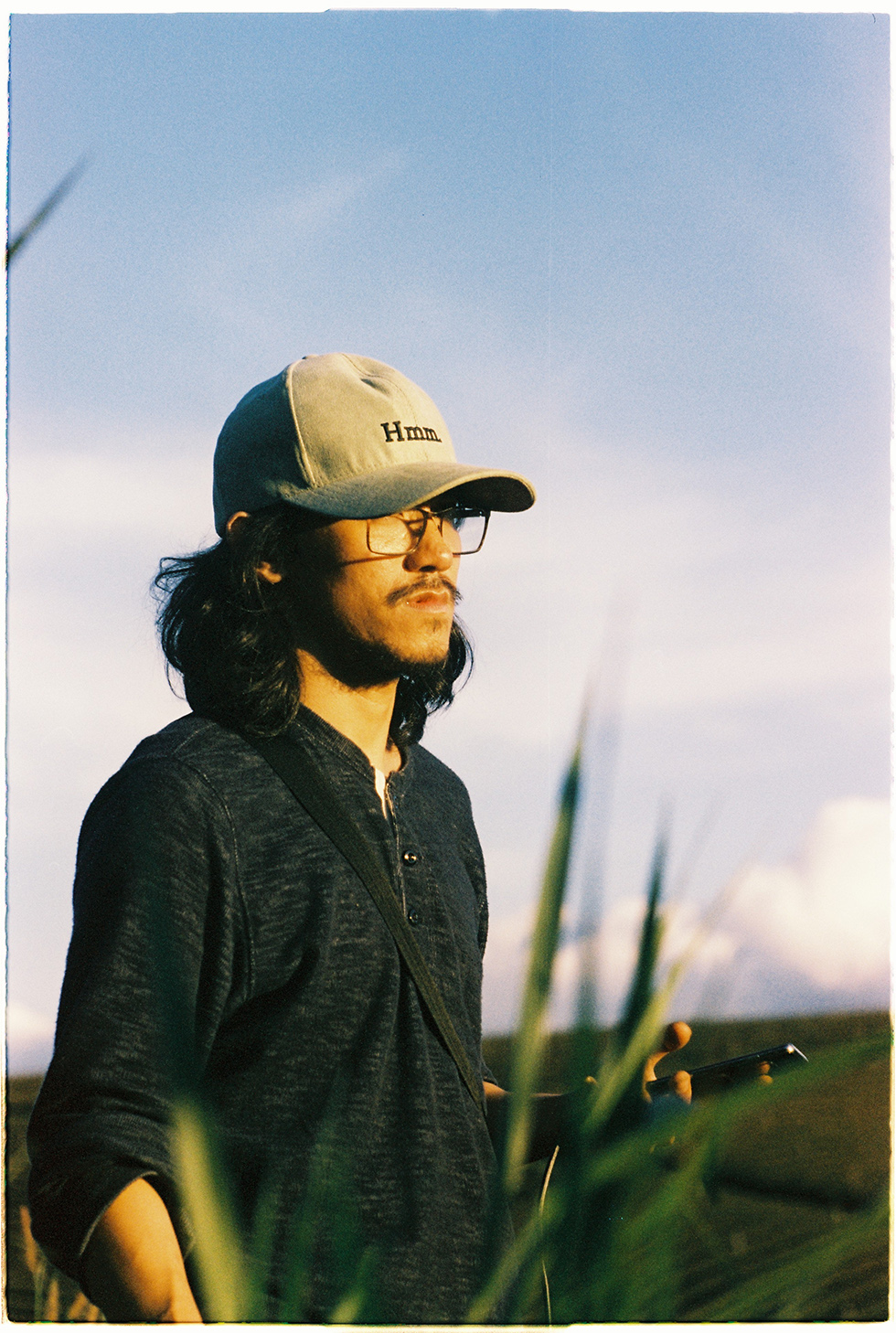
Personally, I feel honored to receive funding from these foreign funds, because these are all large funds, with high competition from projects around the world . For filmmakers, it is also a challenge to overcome in the process of making a film.
Each film has its own path. I believe that with the strong development of Vietnamese cinema, filmmakers will find the right path to help Vietnamese cinema grow further.
With the categories just honored at Cannes, what do you think world cinema is paying the most attention to?
I think cinema of any period needs to reflect stories about contemporary people. Humanity is always the core of cinema in particular or art in general.
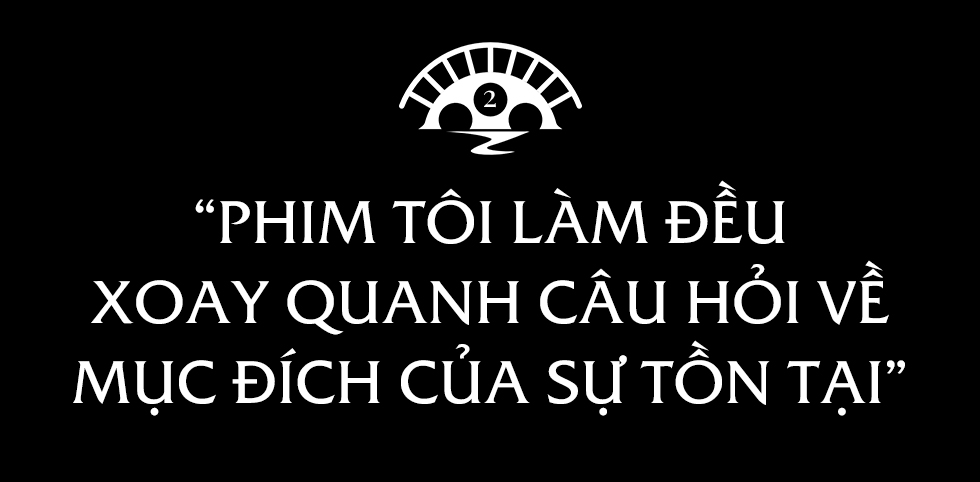
Stringing together two previous short films: "Silence" and "Be Awake and Be Ready" to your first feature film "Inside the Golden Cocoon", what are the stories you ultimately want to tell?
I realized that in my films I had to be honest about the world I was creating, about what I could best communicate. So I brought my life, my religious reflections and my own fleshly self to give soul to the film. In a way, the films I make revolve around the question of the purpose of existence. That is what I call "vocation".
From my first short films to my feature films, I have always incorporated my personal experiences with what I know and observe around me. These are ordinary stories about life in Vietnam expressed through my experiments with cinema.
It seems that the three movie names mentioned above have more or less been applied to your filmmaking path from the time before you "came to light" until now: quiet efforts, breaking out of the cocoon and now being "ready to wake up" ?
The title of the film "Inside the Golden Cocoon" purely talks about the journey of the main character in the film. I think filmmaking is a hard job, anyone doing this job needs to try their best to break through. Generally speaking, any job should try hard to achieve good results. If what you said is true, then "Inside the Golden Cocoon" can be true for everyone, not just me.
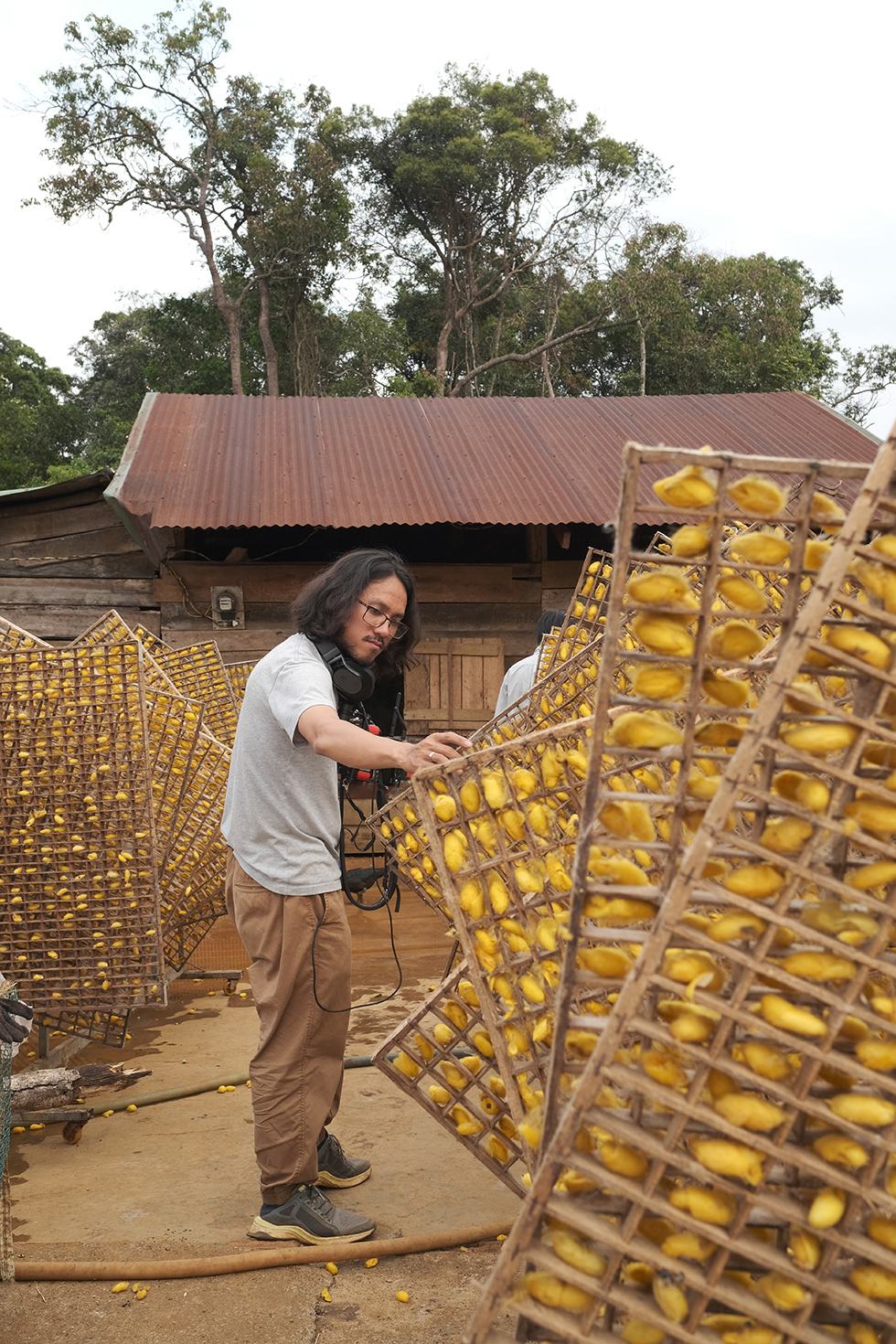
Which "cocoon" do you most want to break out of creatively?
There are so many difficulties in filmmaking and creativity in general, it's hard for me to pick which one is the biggest.
Have you moved to the US to settle down? Will Vietnamese nationality ever cease to be associated with the name Pham Thien An when it is mentioned again at a film festival?
I came to America with my family. I still hold Vietnamese nationality and will always be Vietnamese no matter where I live.
Do the praises from the foreign press: "a profound epic with a deliberate rhythm and a mesmerizing story of an unfathomable yearning for the other world", "a hypnotic work with a journey of transcendence" properly name your journey of search and movement? Specifically, what is it that you are looking for?
The comments of the audience or critics are each viewer's own feelings, I appreciate each of those responses. As for personal feelings, there is no right or wrong, they may or may not coincide with my personal views, and I do not intend to comment further on each of those comments. I only pose a question for both me and the viewers to seek with this film: What do we each live for?
So what do you live for?
This is the big question I ask in this film without expecting to find an answer. I just want to have a dialogue with the audience about this, because I think it's a question that's at the heart of many of us.
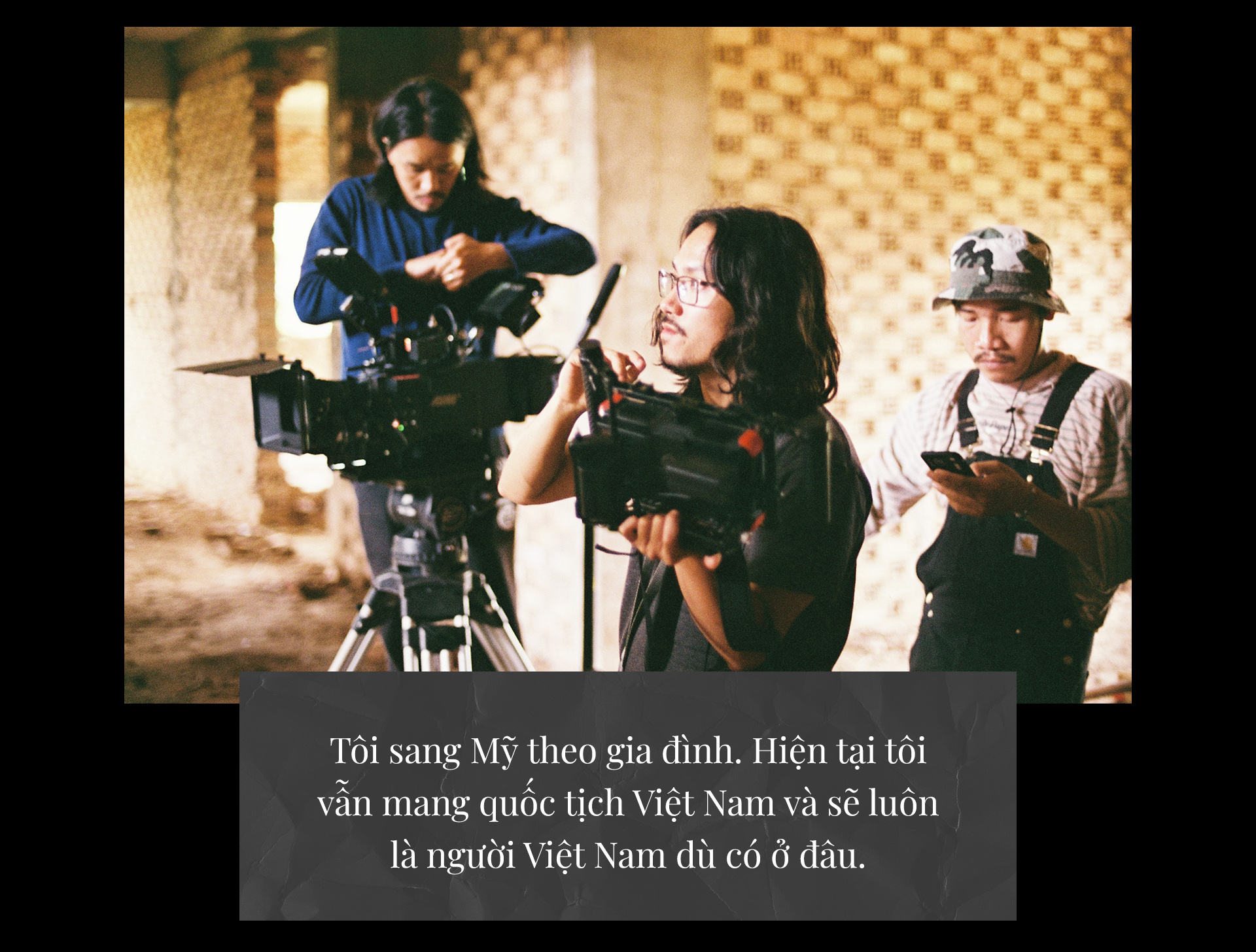
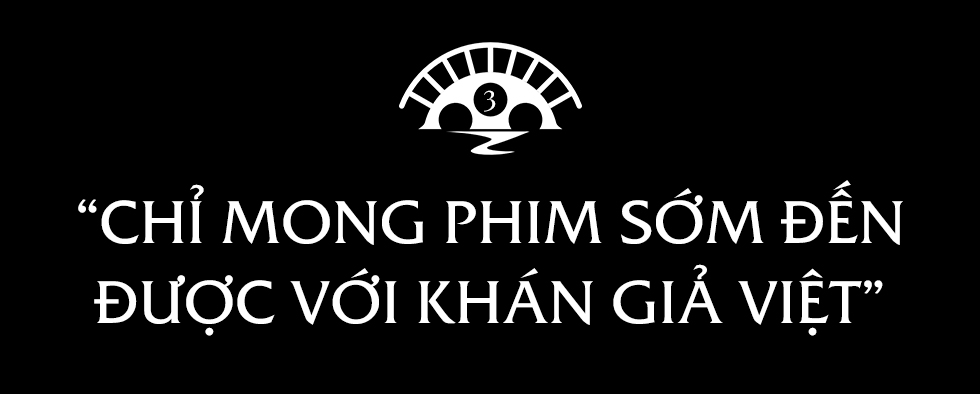
What journey brought you from Bao Loc to... America? How valuable are these two contrasting living spaces to your filmmaking career?
As mentioned above, I immigrated to the US with my family. Most of my family and relatives were already in the US, I stayed in Vietnam for a long time to complete my university studies and remained in Vietnam after graduation.
It is true that life in the US is very different from life in Vietnam, but because I live in Vietnam most of the time, I only recently came to the US, so my inspiration for films comes from Vietnam. After graduating from university with a degree in Information Technology, I felt that I was not suited to this field, so I learned about filmmaking through information on the internet, because I also loved watching movies since I was a child. I taught myself how to shoot and edit films, and after watching more movies, I gradually became more interested in art films. Before "Inside the Golden Cocoon", I made 3 short films.
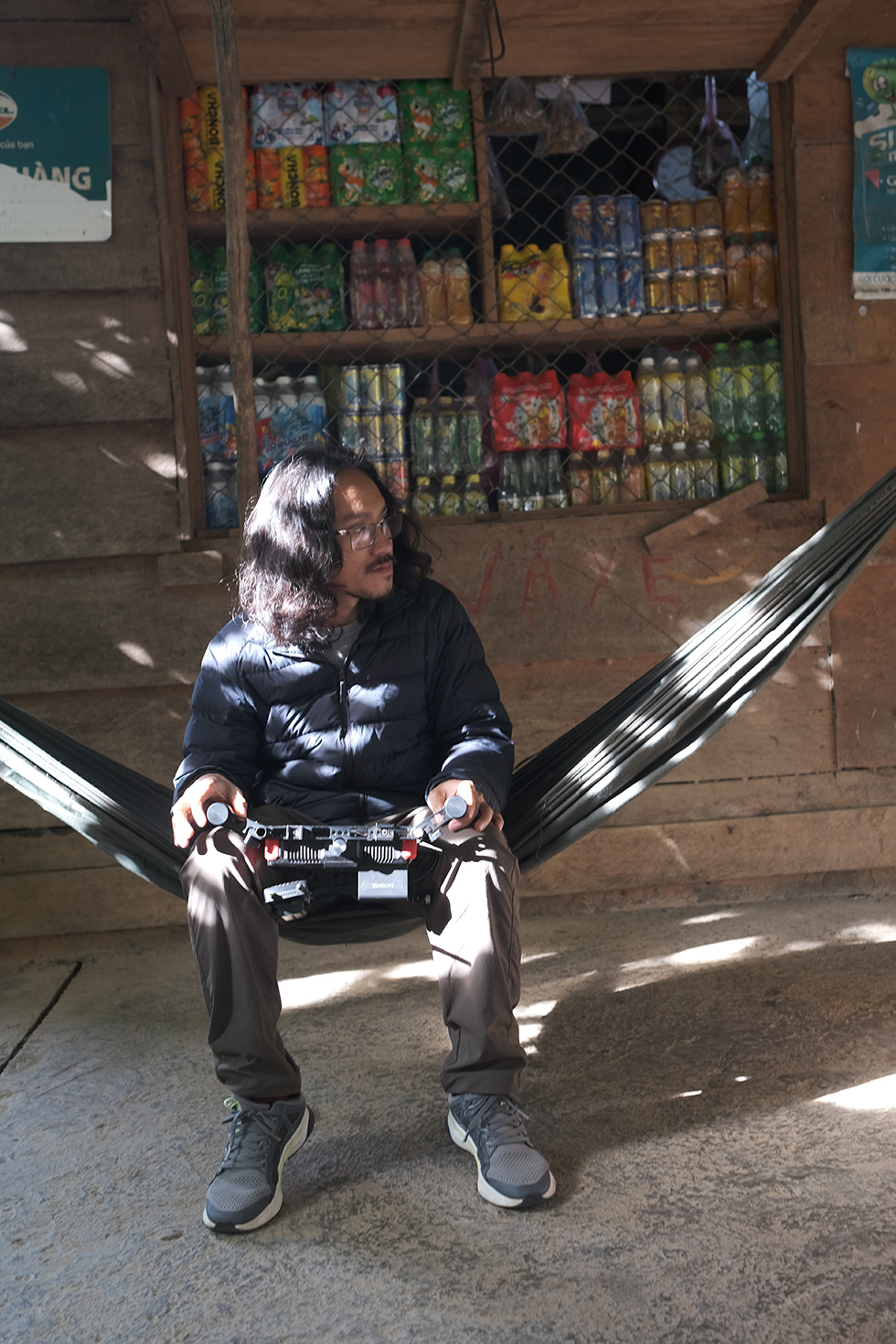
When exactly did you start wanting to make films, and what inspired you?
As for the urge to come to cinema, I think that was also an inspiration for "Inside the Golden Cocoon". The whole idea of the film revolves around one thing, which is "vocation". No matter what position a person occupies in society, the so-called "vocation" always exists within each individual and occurs at different times in life. Based on that "vocation", I developed a character that is very relevant to myself in the present and the past.
To be honest and to make this clearer, since I was little I was with nuns in a convent like Dao in the movies, and I had a grandmother who was a superior nun at the Lovers of the Holy Cross, who always instilled in me the "vocation" of becoming a nun. I couldn't understand it, I still got married like everyone else. Later that came back when I started learning about cinema, I still often say "cinema" is my "vocation".
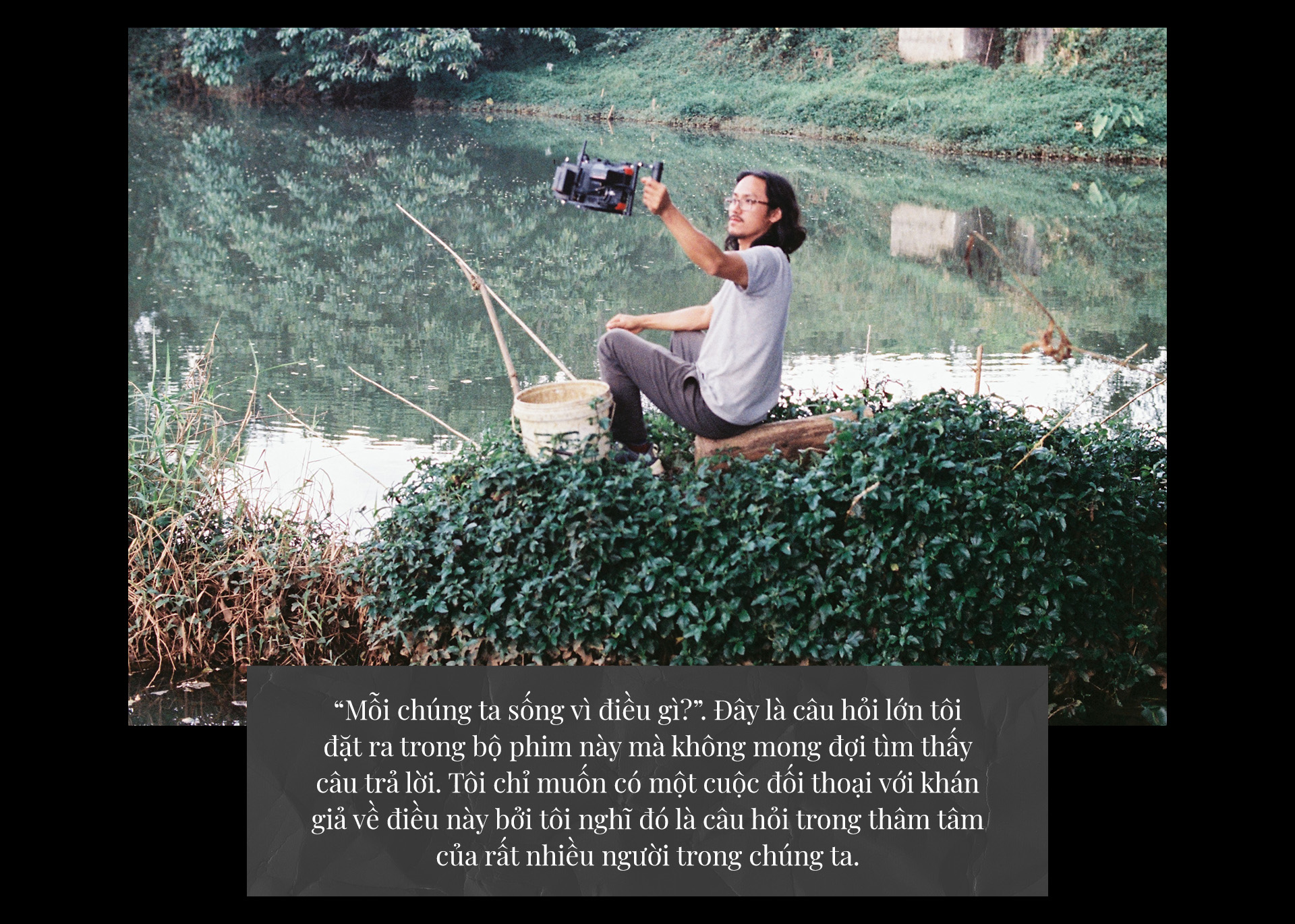
Funding is always a headache for independent filmmakers anywhere. Do you think if the money was available earlier, success would come sooner? Do you believe that the upcoming Cannes award will help you solve this problem more easily?
Money is certainly important in the making of a film, but I don't think it is the deciding factor for any film's success. This Cannes visit has also brought me many potential connections that I hope will help my new film project. I already have an idea for my next feature film.
The story that "Inside the Golden Cocoon" tells came to you through what observation and experience?
As mentioned above, "Inside the Golden Cocoon" was inspired by my own experiences and observations. The story of the character Thien could be me: drinking with friends and going to get a massage, struggling to make a living as a wedding filmmaker and editor, doing magic tricks to entertain friends, a love that cannot be held back, sometimes wandering around looking for something that still exists in the past when I have the opportunity to visit my hometown in the mountains... Everything is intertwined and so the script was formed, and continued to be changed until I finished filming at the end of March 2022.
Why did you have to tell it for 3 hours? What do you think will help keep the audience engaged for 3 hours? Do you believe the film will be successful when it hits theaters?
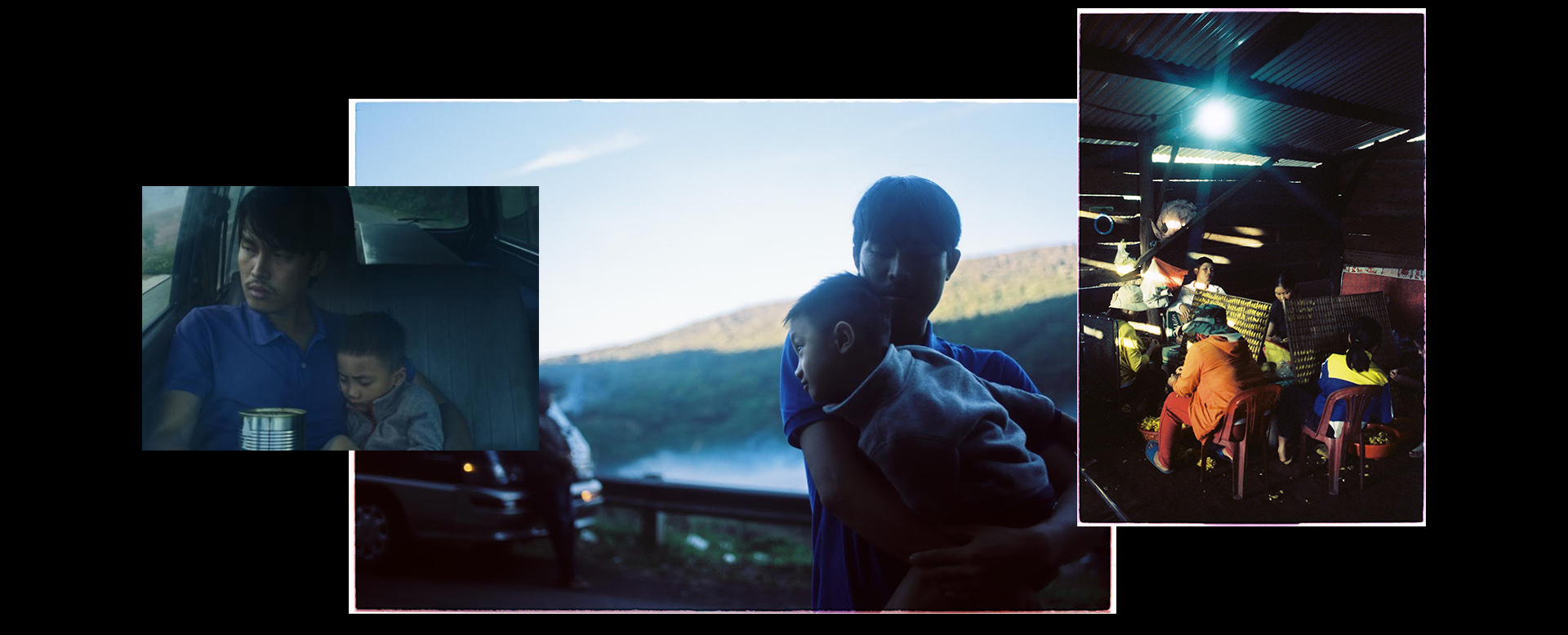
Scene from the movie "Inside the Golden Cocoon"
This is the amount of time it takes for the main character to complete the journey in the film. By using slow motion and long shots without cuts, I want the audience to have time to stay with the character and live in that frame, then they will feel the character's emotions. Throughout the film, there will be changes in scenery from the bustling city of Saigon to the mysterious Central Highlands mountains and forests, I believe the audience will find a place they love and belong to in the film.
I don't expect much from the revenue, because the film may be difficult for many people to watch due to its length and presentation style, which is a bit different from the current movies in theaters. I just hope that the film will soon reach Vietnamese audiences, that will be happiness for me!
Source link


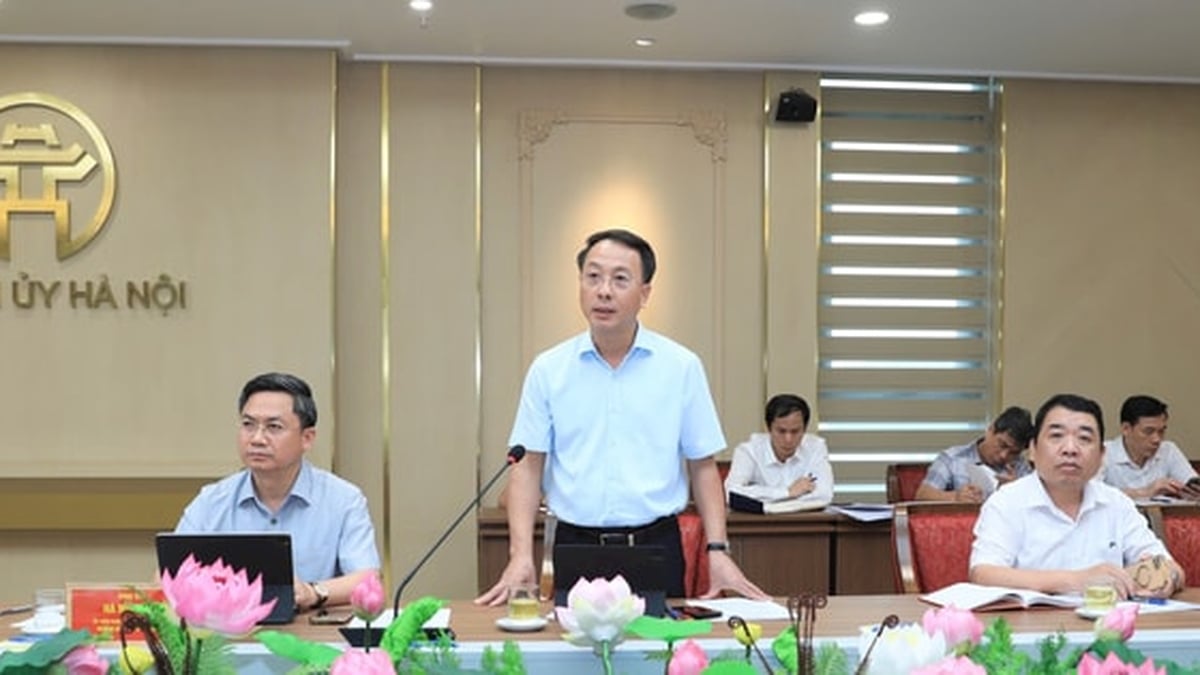

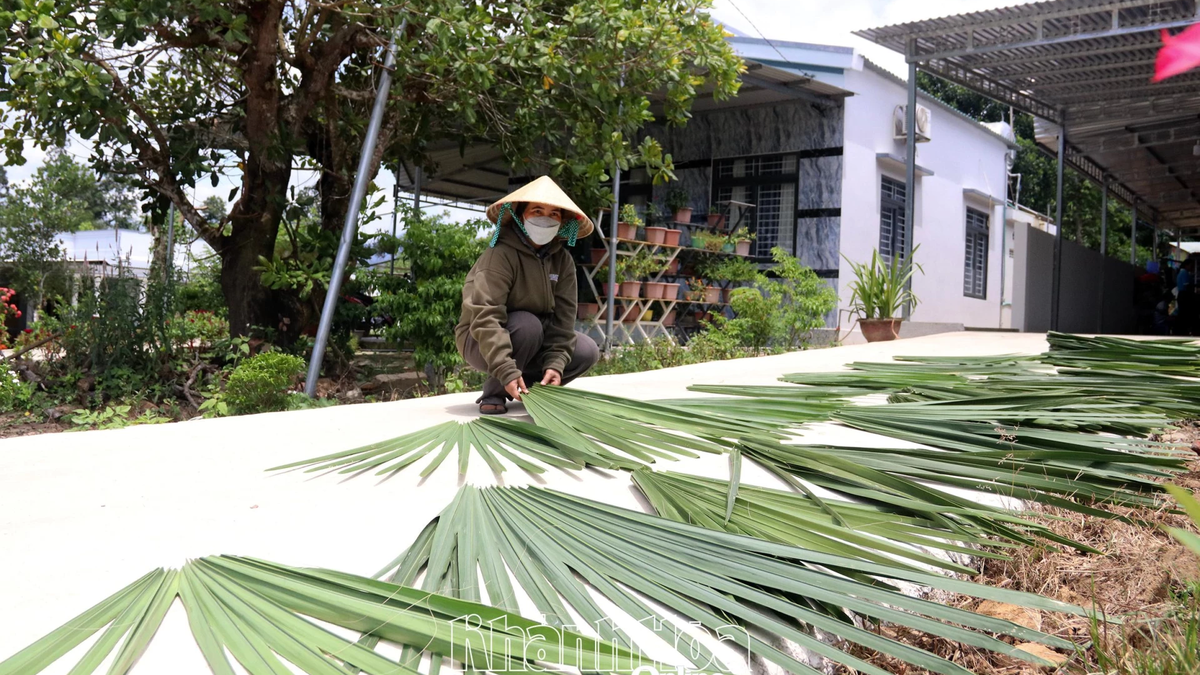
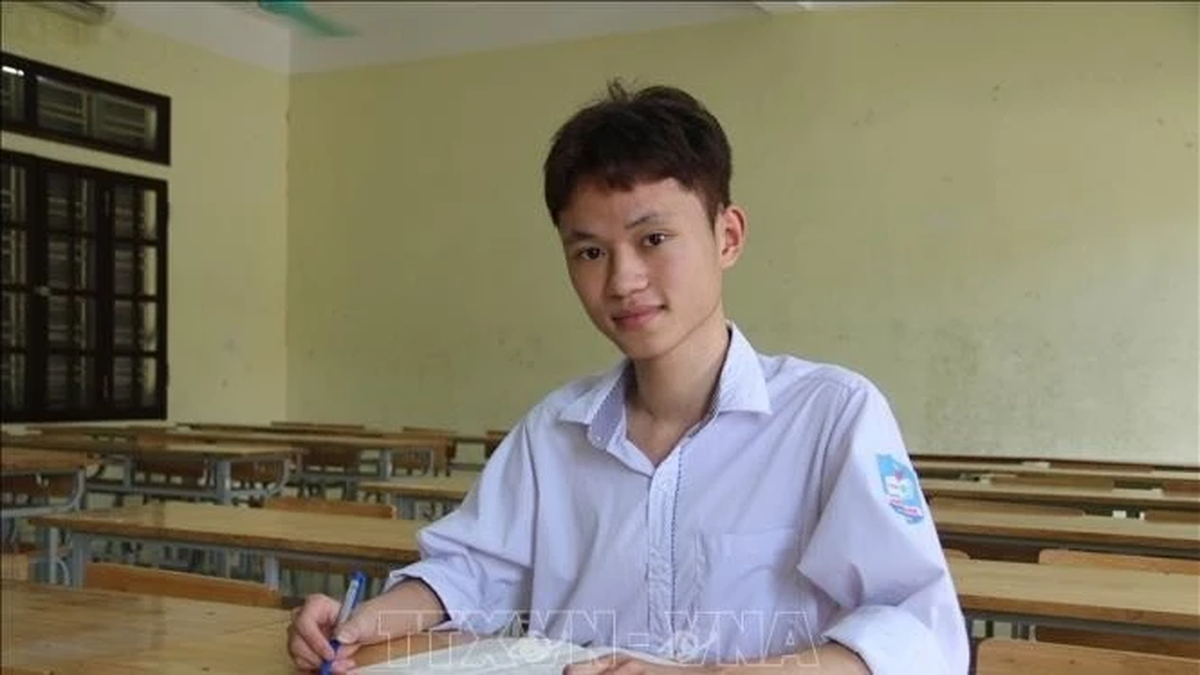
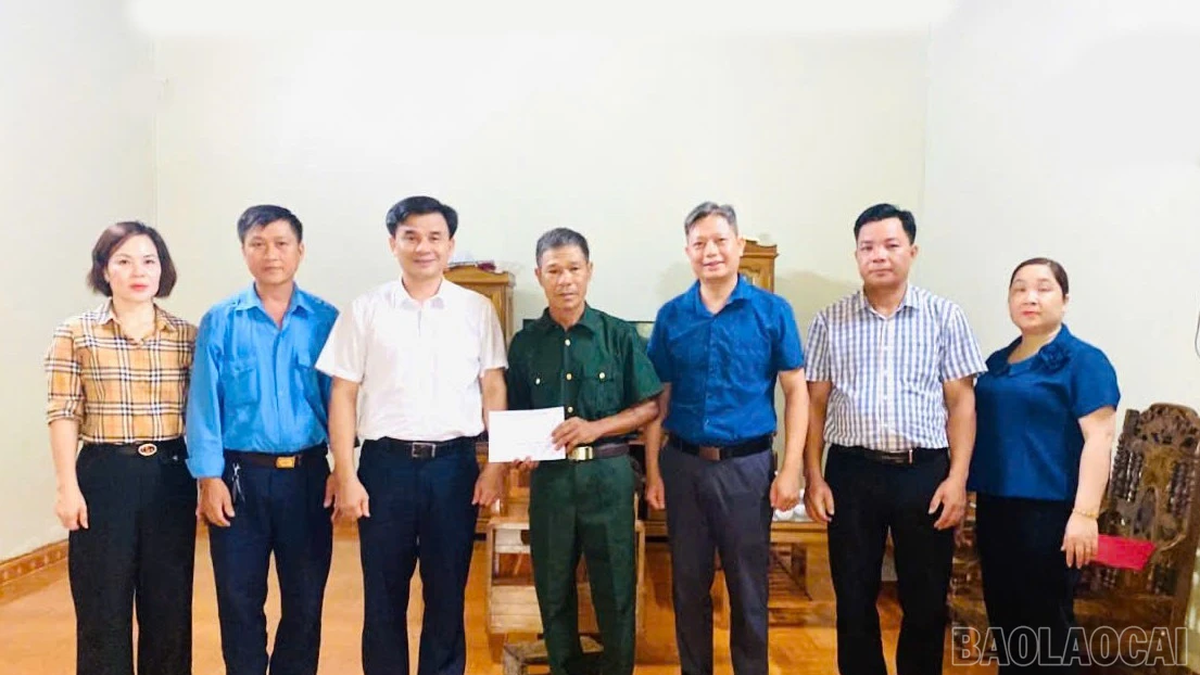
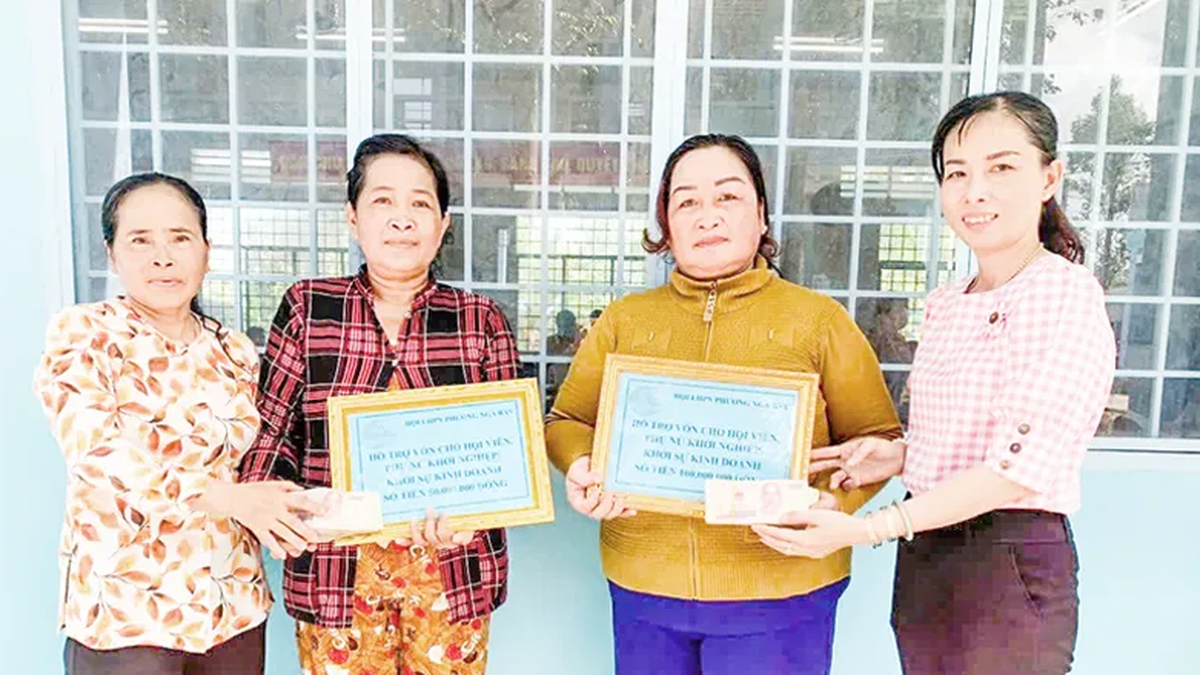
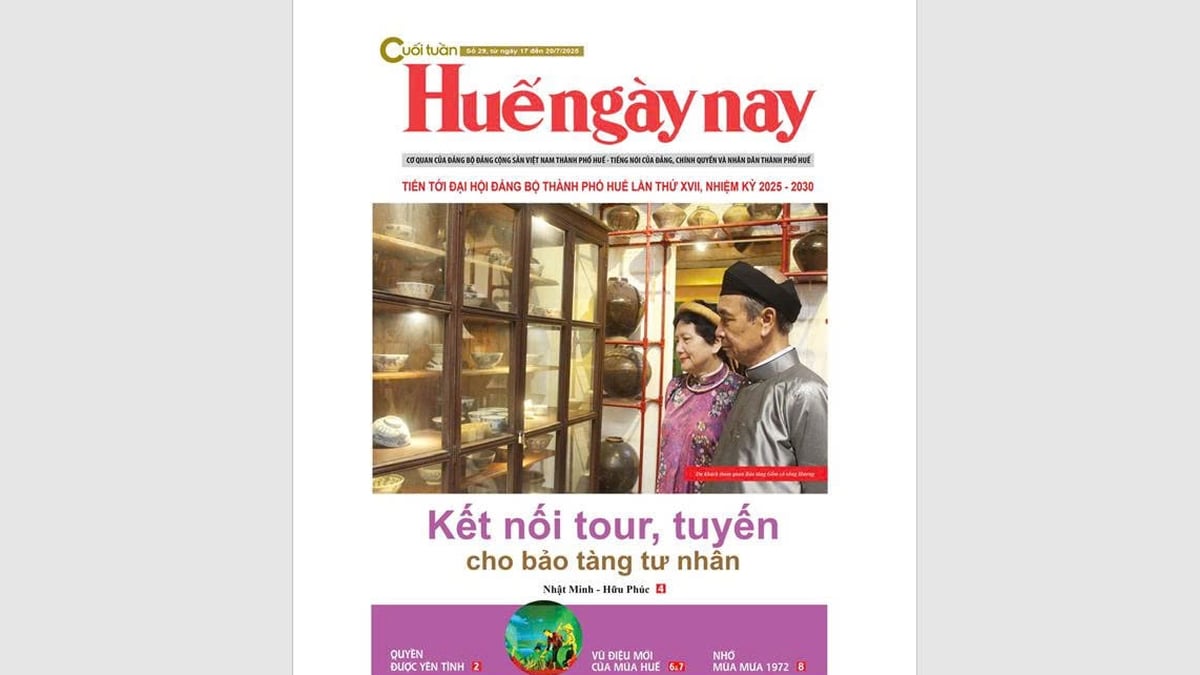
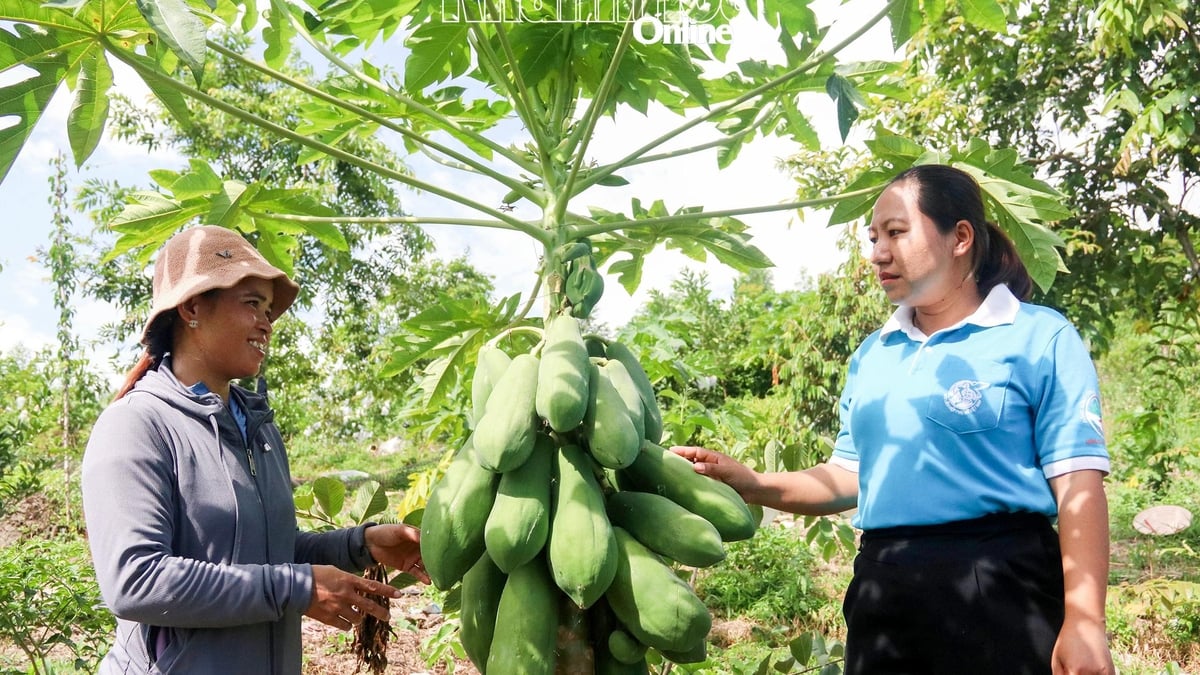
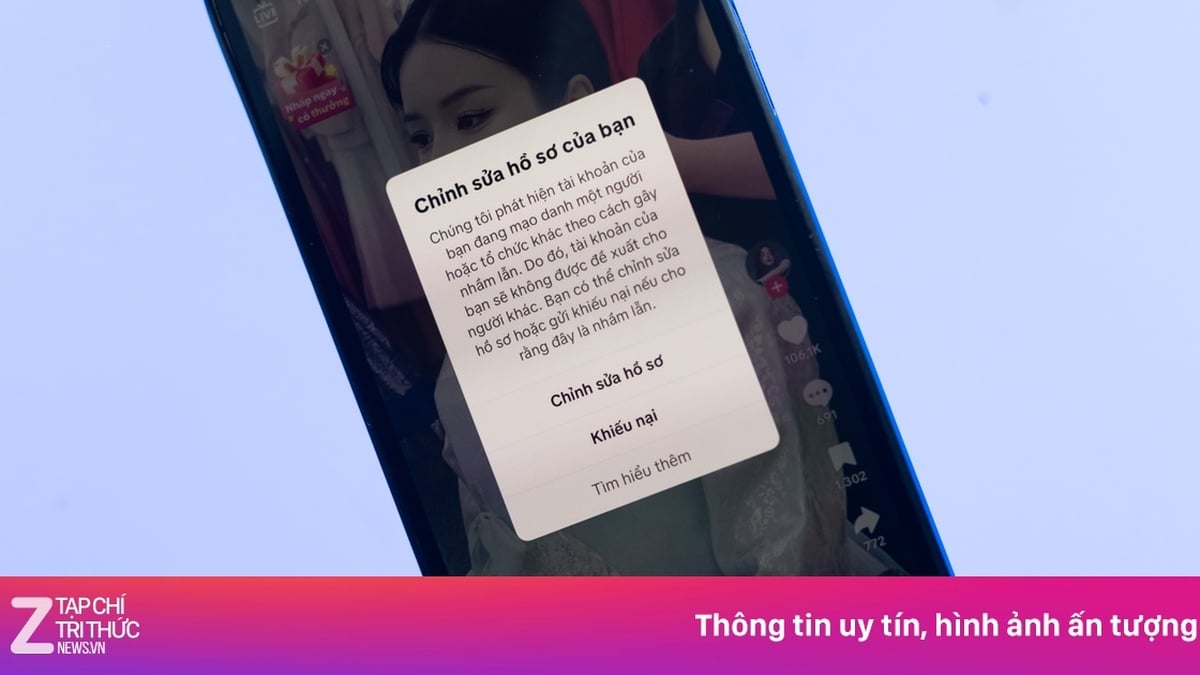
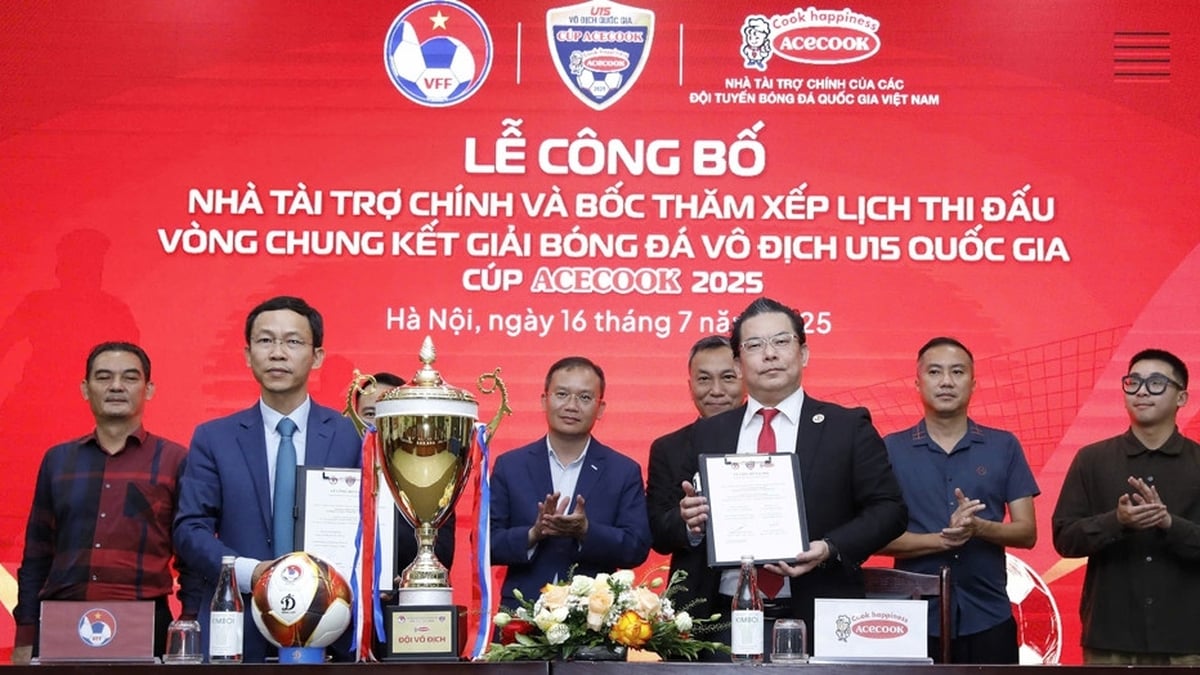








































![[Maritime News] More than 80% of global container shipping capacity is in the hands of MSC and major shipping alliances](https://vphoto.vietnam.vn/thumb/402x226/vietnam/resource/IMAGE/2025/7/16/6b4d586c984b4cbf8c5680352b9eaeb0)













































Comment (0)